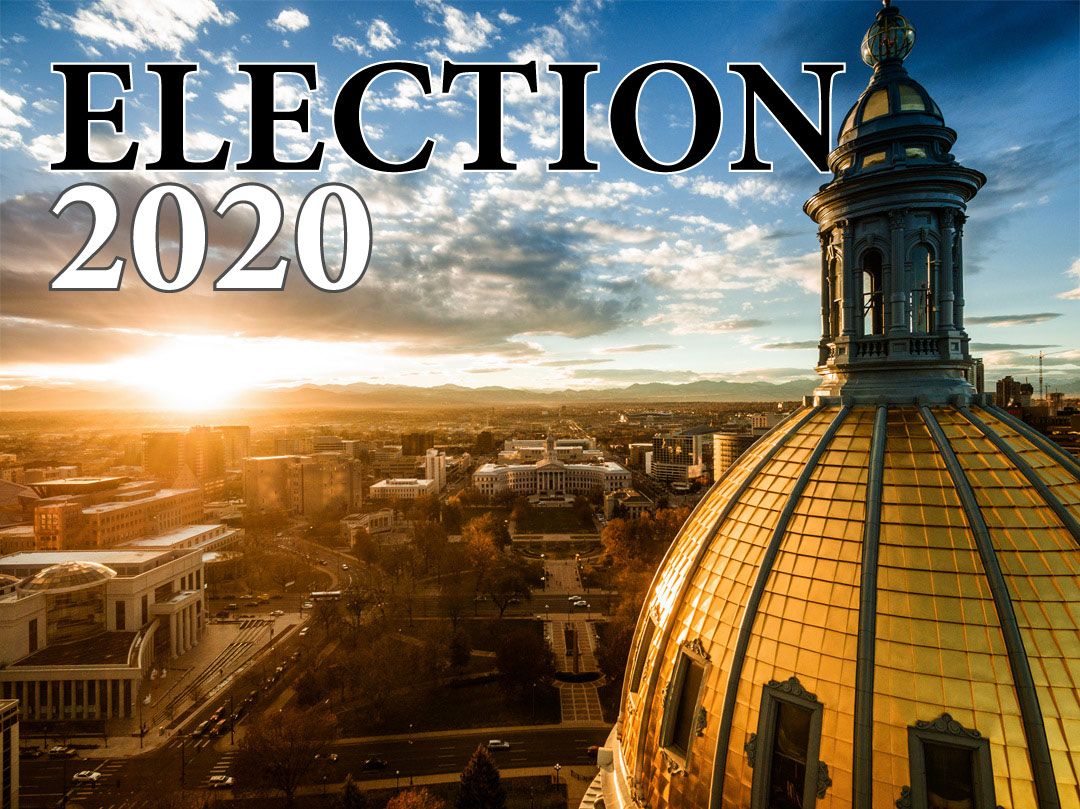Boulder passes measure to settle Xcel dispute, suspend muni push

BOULDER — Boulder voters have approved a measure that ends, at least temporarily, the city’s decade-long quest to form a municipal electric utility.
The vote sets the stage for Boulder and Xcel Energy Inc. (NYSE: XEL) to enter into a new franchise agreement, keeping the city an Xcel customer and holding Xcel responsible for hitting certain carbon emissions-reduction targets.
With 180,567 ballots counted of 229,023 active registered voters in Boulder County as of 5:54 p.m. Wednesday, supporters of Question 2C were winning 53.33% to 46.67%.
SPONSORED CONTENT
Federal District Court Rules Corporate Transparency Act Unconstitutional . . . But Most Small Businesses Must Still Comply
Lyons Gaddis Real Estate and Business Attorney Cameron Grant shares important details of the Corporate Transparency Act (CTA).
“Our efforts to chart a new energy future for Boulder have always been guided by community input and participation,” Boulder Mayor Sam Weaver said in a prepared statement. “We appreciate the direction from our voters to enter into a new partnership with Xcel Energy.”
Under the agreement, Xcel agreed to reduce its 2005 carbon-emission levels by 80% by 2030, as well as help Boulder achieve its goal of 100% renewable energy by the same year. If Xcel fails to meet those requirements, the city has six opportunities to terminate the agreement — in 2023, 2025, 2026, 2028, 2031, and 2036.
Xcel has also pledged to support programs such as electrification of city buses through an energy partnership agreement.
“In 2019, Boulder declared a climate emergency and set targets to address the climate crisis including 100% renewable electricity by 2030. Forty-four percent of our emissions come from our electricity, making this the obvious sector to provide the greatest immediate reduction of [greenhouse gasses]. Waiting until 2050 to achieve 100% carbon free electricity, as Xcel proposes, is simply not acceptable,” according to a post-election statement from EmpowerOurFuture, a community group that has advocated on behalf of the formation of a municipal utility.
EOF said Boulder residents “will come together after this recent election to continue to play our role, as a community, in addressing the planetary climate crisis.”
Tuesday’s election results brings to an end a legal saga that went all the way to the state’s highest court.
In June 2019, the Boulder City Council voted to repeal a 2014 ordinance that provided a pathway for the city to establish a municipal electric utility, a decision that allowed a lawsuit settlement with Xcel to move forward.
Xcel, through affiliate Public Service Company of Colorado, sued the city over the formation of that utility, which was never actually used, arguing that the city council overstepped its authority based on limitations of an amendment to the city’s charter in 2011. The amendment gave the city council authority to create a utility only if it first satisfied requirements showing the utility’s financial viability and service reliability.
A Boulder District Court judge dismissed Xcel’s suit in 2015, a decision that was reversed by the Colorado Court of Appeals the following year. The Colorado Supreme Court then overturned both of those decisions, sending the case back to a lower court.
This May, city officials announced negotiations with Xcel to end the municipalization push.
In a related measure, Boulder voters also decided to repurpose the city’s utility occupation tax. The tax is charged on electricity bills, raises about $2 million per year and currently funds the city’s efforts to create the muni.
As of 5:54 p.m. Wednesday, 55.70% of voters support Question 2D and 44.30% oppose the measure.
© 2020 BizWest Media LLC
BOULDER — Boulder voters have approved a measure that ends, at least temporarily, the city’s decade-long quest to form a municipal electric utility.
The vote sets the stage for Boulder and Xcel Energy Inc. (NYSE: XEL) to enter into a new franchise agreement, keeping the city an Xcel customer and holding Xcel responsible for hitting certain carbon emissions-reduction targets.
With 180,567 ballots counted of 229,023 active registered voters in Boulder County as of 5:54 p.m. Wednesday, supporters of Question 2C were winning 53.33% to 46.67%.
“Our efforts to chart a new energy future for Boulder have…
THIS ARTICLE IS FOR SUBSCRIBERS ONLY
Continue reading for less than $3 per week!
Get a month of award-winning local business news, trends and insights
Access award-winning content today!


